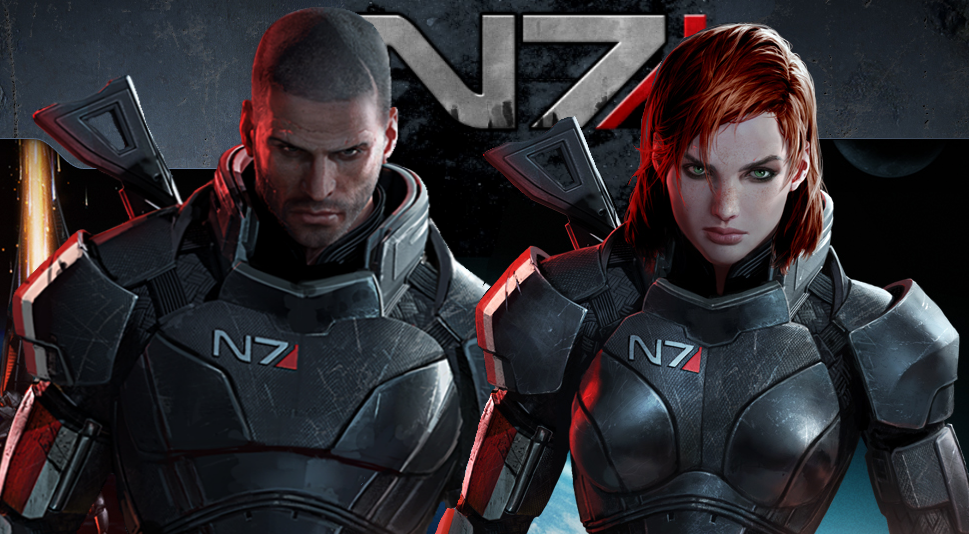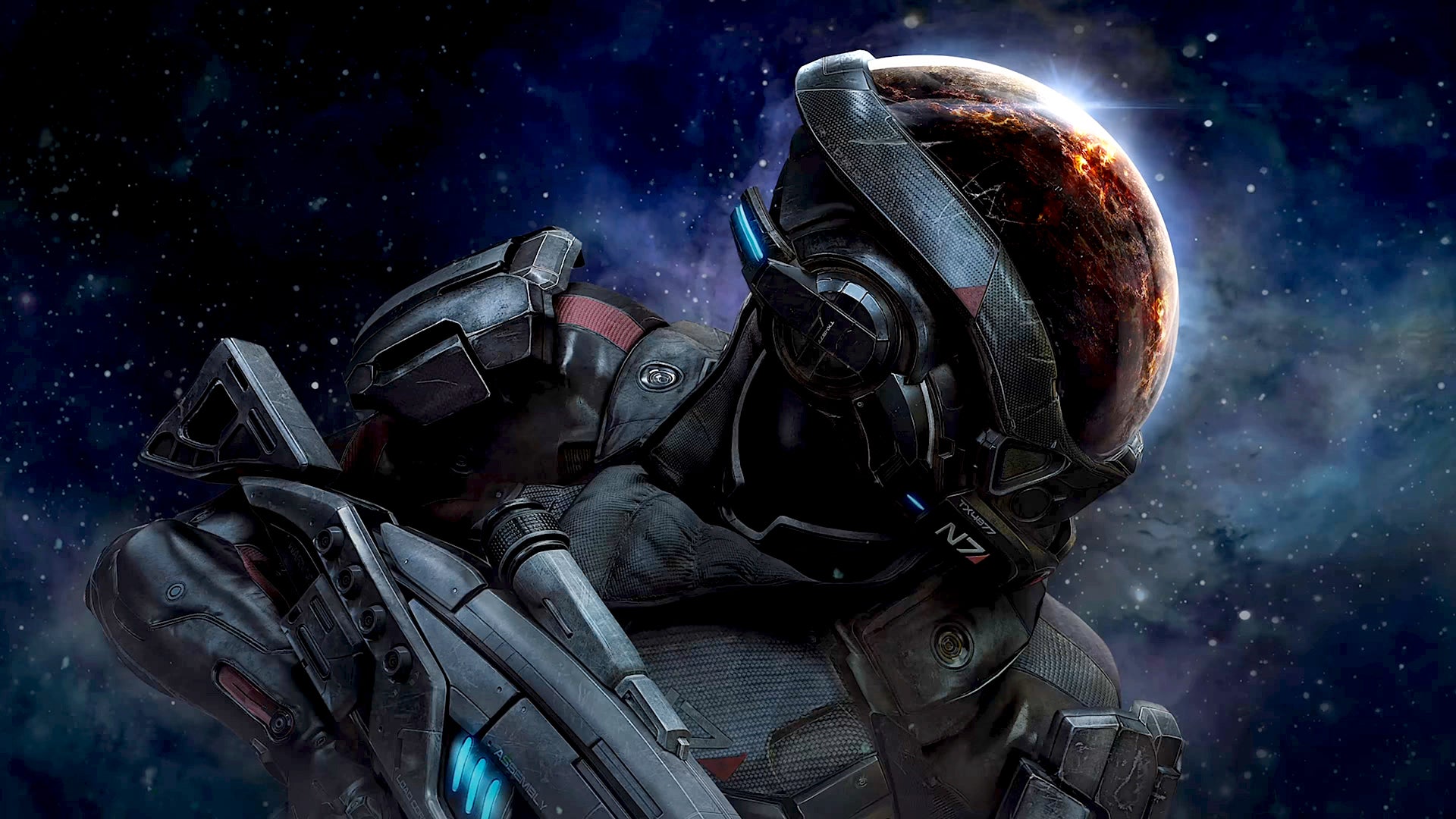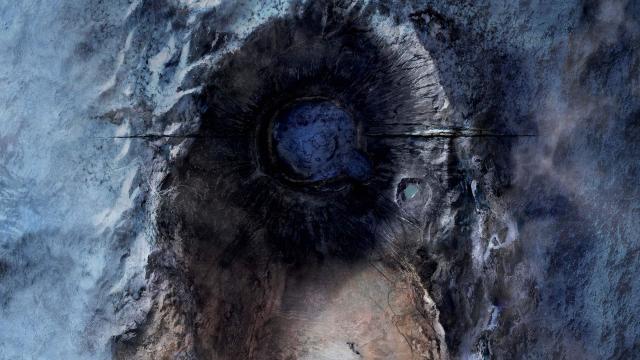When BioWare’s Mass Effect franchise first released in 2007, it quickly gained momentum and a passionate fanbase that not many new IPs today have really managed to achieve. At the time, the sci-fi RPG’s claim to fame was giving players choices that would matter, either in the immediate moment as it related to their companions, or in the future as Commander Shepard did their best to gain allies and prepare for the Reaper threat against organics in the Milky Way. When Mass Effect 2 ended with the sight of the Reapers leaving dark space, excitement for the final instalment of the trilogy was high, and everyone had their own ideas on how the Commander’s story would come to a close.
In a different timeline, Mass Effect 3 — which released 10 years ago this past weekend — may have been simply received as a satisfying, if bittersweet ending to a blockbuster space opera with pesky Marauder Shields and a hokey epilogue. But in reality, the reactions surrounding the conclusion were significantly harsher. While the game was regarded as pretty good overall, its three endings for Commander Shepard — a choice between destroying the Reapers and all synthetic life, controlling and converting them into a galactic peacekeeping force, or merging synthetic and organic beings together, each at the cost of Shepard’s life — were widely despised for weeks on end. But there’s no point in asking how the ending has aged a full decade later, nor is it worth wondering if it would’ve been better for BioWare to tell fans to simply accept the ending as it was. Either you still hate it now as you did back in 2012 or, upon returning to Shepard’s trilogy via last year’s Legendary Edition, at this point you’ve decided to swallow that bitter pill and accept it for what it is.
Introspection about this game is still warranted, however; mainly in regards to what’s come out of that divisive closer. The range of reactions to ME3‘s ending back then are interesting to look back on. Along with the requisite venting on social media, there was the conspiracy theory that the “real” ending would be given to players, but only if they forked over real money. (EA’s public reputation at the time, and even now in some instances, is notoriously Not Great.) But there were also passive aggressive cupcakes with icing themed after the game’s three coloured choices, along with more extreme measures like petitions to change the ending, and even FTC complaints.

Here’s a question, both about Mass Effect 3 and other public instances of fan backlash, a lot of which dominated the late 2010s: who wins? It definitely wasn’t BioWare; even with the free Extended Cut patch that provided clarity on the endings and the beloved swan song Citadel DLC, that original ending has hounded it like a bad smell ever since. The post-2012 games from the developer have admittedly been all over the place, but some of the vitriol towards them can be in part attributed to ME3. (Poor Andromeda suffered this more than most, though the tide has turned on it and more folks have been able to see that game’s graces.)
But Mass Effect 3‘s legacy might instead be most felt beyond the game itself, the first step in what has become a decade of fan backlash to controversial pop cultural story decisions, and how the creatives behind those decisions react to them. Creators have to deal with a lot from fans, as the last few years have made very clear. Few of them get to a place where they’re able to really call out and shut down their respective fanbases for harassment, as most of them opt to permanently log off for the sake of their mental health. Those who’ve been willing to hit back, like John Boyega post-Star Wars, have only been able to do so after the bag was fully secured, and do so by responding to those rude fans in the only language they understand. At best, creators and celebrities have to dance around the subject of fan harassment because of how easy it can be for their words to be twisted into something more malicious by fans, who are either wilfully obtuse or intentionally bad actors looking to gain cache from ongoing controversies.
And yet fans themselves haven’t really gotten a real victory from these movements, either. Sure, Mass Effect 3‘s reaction “won” with tweaks like the Extended Cut and Citadel, but to this day fandoms are constantly tearing themselves apart on Twitter every day over various slights, either legitimate or imaginary. If those fans aren’t trying to distance themselves from the fanbase they originally loved, they’re greatly disappointed with how their favourite franchise has chosen to end. Fandoms can still bring people together through shared interests, as they were originally meant to. But it’s just as likely they’ll make you hate the very thing you came to love, or could potentially love, in a handful of weeks. Corporations absolutely bear some of the blame in the way they’ve managed to weaponize fandom to what it is today, but by and large, it’s fans themselves who helped get them there. Their overbearing passion for the things they love — and mapping that passion onto the corporate constructs that made those things in the first place — have made it so that wading into any fandom these days is a literal minefield without a safety zone to stop and catch your breath.

Fandom’s always been a powerful economy, and if it wasn’t Mass Effect 3 that showed us how easily the dynamic between fan and creator could flip, it would’ve been something else in 2012. This may have started with BioWare, but it’s absolutely outgrown them, even now as they find themselves trying to rehabilitate their image with the help of a new Mass Effect. Whenever that new game hits, it’ll be addressing Shepard’s choice and may either reopen the wound or seal it closed for good. However it shakes out, Shepard was at least able to bring some kind of end to the Reapers. The fandom hell we find ourselves in is begging for a deus ex machina to break its ever exhausting cycle. At the very least, we could’ve avoided this if more folks understood the purpose of fanfiction.
